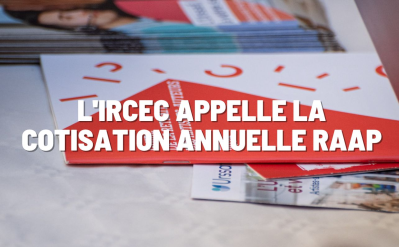News

Credit: Valérie Theveniaud Violette
The UPP at the CEPIC Congress
21 May 2024
Legal
Viewed 512 times
Last week, the CEPIC (Centre of the Picture Industry) congress was held in Juan les Pins, bringing together image professionals from around the world: press and news agencies, primarily SIPA, AFP and Abaca, but also major image banks such as Shutterstock and Getty, image tracking professionals such as Pixtrakk or Imatag, ethical AI companies such as Bria.AI, as well as SAPHIR, SNAPIG and many others... The Union des Photographes Professionnels joined the CEPIC on the occasion of the great mobilization of European authors in favor of remuneration of creators by online platforms (Fcebook, Youtube etc.) subsequently obtained within the framework of the European DAMUN Directive. Our organization recently lobbied with CEPIC for the AI ACT to endorse the principles of transparency and respect for copyright by AI systems.
The annual CEPIC Congress is an opportunity for the Union des Photographes Professionels to meet its international peers, take the pulse of the business and exchange views on current issues.
Once again this year, debates focused mainly on generative artificial intelligence technologies.
Conferences and round tables covered topics such as:
- Content monetization in the age of artificial intelligence
- What are the ethics of artificial intelligence law?
- The biases of artificial intelligence models
- AI limits, ethics and intellectual property protection
- Artificial intelligence and "provenance
- Distinguishing between "authentic" and generated content: techniques, standards and issues
- Is the past real: vintage photography and authenticity.
Our Director of Public and Legal Affairs, Stéphanie de Roquefeuil, was invited to speak at one of these round tables: "What ethics for AI law?" which brought together Samantha Holman, Vice-Chair of theIFRRO Board of Directors and CEO ofICLA, Nancy Wolff ( DMLA lawyer), and Vered Horesh (Head of Strategic AI Partnerships at BRIA) .
She reiterated the key principles that must underpin our actions and mobilization:
- AI models must be transparent about the protected content used to train them;
- Respect for copyright on training data:
. effectiveness of the opt-out,
. remuneration for use
- Combating the cognitive biases of AIs
- Establishing a global standard of "provenance" to identify photographic and AI-generated images, as well as the manipulations carried out on each of them. The "content credential" and "C2PA" initiatives are two interesting avenues in this direction.
Many thanks to Sylvie Fodor, CEPIC CEO, for her invitation and for this opportunity to meet and exchange with our partners.





No comment
Log in to post comment. Log in.